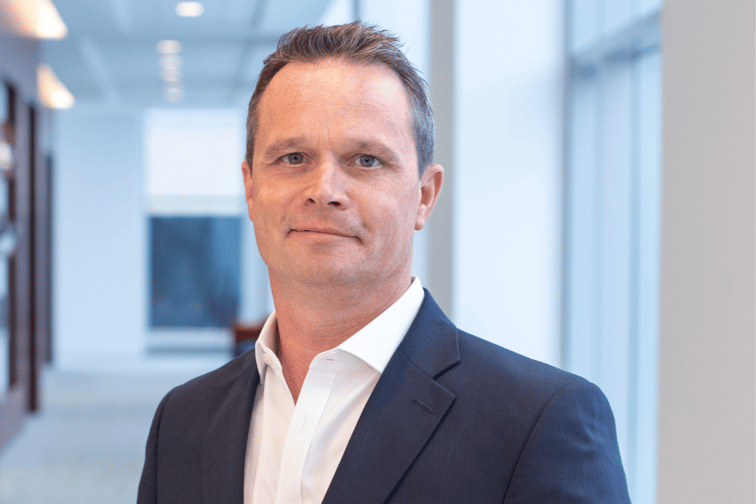

Insurance organizations are becoming better at understanding how to attract and retain talent, whether by offering hybrid work environments or development opportunities. But more work needs to be done, according to Gallagher Canada CEO Dave Partington (pictured).
“I think organizations have gotten better at understanding the expectations and needs of their employees in a post-pandemic world,” he said.
The pandemic was a catalyst for people to seek more out of their work and personal lives, but striking a balance remains as relevant as ever.
Partington said the unprecedented levels of turnover seen during COVID-19 have settled, and companies are turning their focus to retaining their talent.
“Many people, during the pandemic, reflected on what they wanted from their lives and careers. Anytime there’s a major change, which is what a pandemic creates, it causes people to think about what’s important to them,” Partington told Insurance Business.
“But I think that’s probably settled down now, where people thinking about doing something different have now done that.”
Despite the acute talent shortage in the insurance industry, the CEO is optimistic about the future. But he also stressed that organizations must do more to bring in the best talent.
“The industry has a lot of work to do. I think this is one of the most purposeful, dynamic, and interesting careers you can have if you want to be in a business environment,” Partington said.
“What we do, as insurance brokers and as an insurance community, makes a difference to people’s lives. Whether rebuilding somebody’s house after a wildfire or allowing somebody’s business to continue after a catastrophic event, what we do as an industry has a real purpose.”
Brokers, in particular, have much to offer prospective talent, according to Partington.
“I think the level of insight into companies [brokers get], that very few professionals get the opportunity to have, is incredibly exciting,” the CEO said.
“As brokers, we are dealmakers. We negotiate the best terms we can for our clients. We focus on ensuring that the coverage is correct for their needs and that they understand that coverage, and then we make deals to get them the best terms we can. I think that’s dynamic and exciting.”
Earlier, Partington spoke to Insurance Business about Gallagher’s talent pipeline and how the brokerage built its development programs to cater to professionals at every stage.
He stressed that collective action must be taken to show the rich career opportunities in insurance.
“There are so many different facets to our industry. I don’t think we do a good enough job of telling that story to people outside of the industry,” he said.
“A rising tide lifts all boats, and I think we need to do a better job collectively promoting what a fantastic place this is to build a career and the importance of insurance in our communities.”
Like many organizations, Gallagher Canada is learning to strike its own balance with hybrid work, Partington said.
“I’m a big believer in a hybrid working environment. But I think the balance has got to be right,” he said.
“We are encouraging people to spend as much time as possible in the office because I think there are benefits. You have much more ability to collaborate, your internal network becomes stronger, and there’s excitement and fun that comes from being in the office.”
Part of the balance is ensuring employees have the freedom and flexibility they need, but also the opportunities to develop their careers through in-person experience.
“We are an apprenticeship industry. We can put programmes in place to teach people skills, but a lot of what you learn in this industry is from working with other people, overhearing conversations, and sitting in rooms to brainstorm and strategize,” Partington said. “That can happen in a hybrid environment. But I think it happens more effectively in the workplace.
“We are firmly committed to hybrid so that people can spend the right amount of time in the office for them to develop their careers and for us to continue to be able to service our clients effectively.”
Do you agree with Partington’s views on talent and hybrid working? Tell us your thoughts in the comments.
